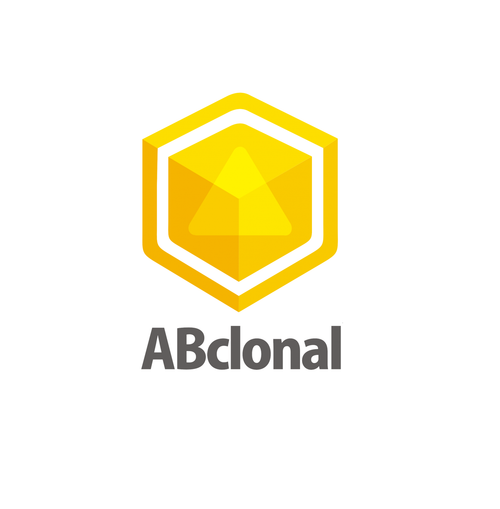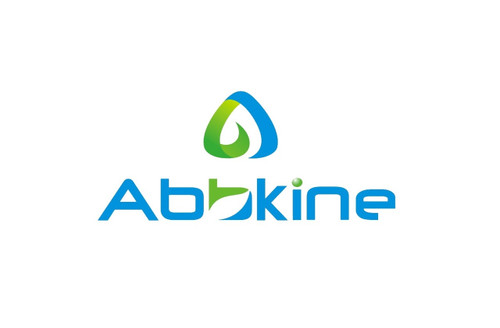Product Description
Human Cholecystokinin (CCK) ELISA Kit | AE59142HU | Abebio
Species Reactivity: Human (Homo sapiens)
Abbreviation: CCK
Alternative Name: MGC117187; OTTHUMP00000209369
Application: ELISA
Range: 12.35-1000 pg/mL
Sensitivity: 4.43 pg/mL
Intra-Assay: ≤4.7%
Inter-Assay: ≤6.9%
Recovery: 1, 02
Sample Type: Serum, Plasma, Other biological fluids
Detection Method: Sandwich
Analysis Method : Quantitive
Test Principale: This assay employs a two-site sandwich ELISA to quantitate CCK in samples. An antibody specific for CCK has been pre-coated onto a microplate. Standards and samples are pipetted into the wells and anyCCK present is bound by the immobilized antibody. After removing any unbound substances, a biotin-conjugated antibody specific for CCK is added to the wells. After washing, Streptavidin conjugated Horseradish Peroxidase (HRP) is added to the wells. Following a wash to remove any unbound avidin-enzyme reagent, a substrate solution is added to the wells and color develops in proportion to the amount of CCK bound in the initial step. The color development is stopped and the intensity of the color is measured.
Product Overview: Cholecystokinin (CCK) plays a key role in facilitating digestion within the small intestine. It is secreted from mucosal epithelial cells in the first segment of the small intestine (duodenum), and stimulates delivery into the small intestine of digestive enzymes from the pancreas and bile from the gallbladder. Cholecystokinin is also produced by neurons in the enteric nervous system, and is widely and abundantly distributed in the brain. Cholecystokinin and gastrin are highly similar peptides. Like gastrin, cholecystokinin is a linear peptide that is synthesized as a preprohormone, then proteolytically cleaved to generate a family of peptides having the same carboxy ends. Full biologic activity is retained in CCK-8 (8 amino acids), but peptides of 33, 38 and 59 amino acids are also produced.
Stability: The stability of ELISA kit is determined by the loss rate of activity. The loss rate of this kit is less than 5% within the expiration date under appropriate storage condition. The loss rate was determined by accelerated thermal degradation test. Keep the kit at 37°C for 4 and 7 days, and compare O.D.values of the kit kept at 37°C with that of at recommended temperature. (referring from China Biological Products Standard, which was calculated by the Arrhenius equation. For ELISA kit, 4 days storage at 37°C can be considered as 6 months at 2 - 8°C, which means 7 days at 37°C equaling 12 months at 2 - 8°C) .
 Euro
Euro
 USD
USD
 British Pound
British Pound
 NULL
NULL












